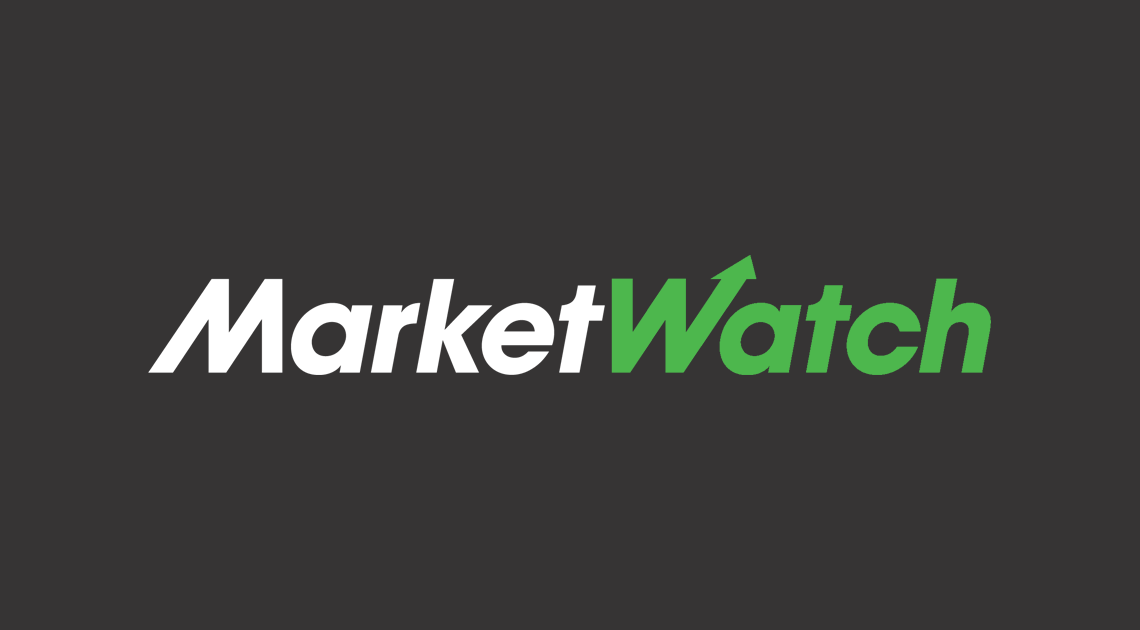By Ed Frankl
Inflation expectations in the eurozone increased markedly in September while growth forecasts dipped amid a gloomy economic climate, according to a European Central Bank survey of consumers.
Median expectations for euro-area inflation over the next 12 months increased to 4.0% in September from 3.5% in August and 3.4% in July, with the economy expected to contract by 1.2% in the year ahead, compared with 0.8% seen in August, the ECB said Wednesday in its monthly consumer expectations survey.
The eurozone economy has been hampered by high interest rates and slumping global demand, which have hit the manufacturing sector particularly in economies such as Germany. However, economists generally believe the ECB has reached the peak in its current cycle of interest-rate hikes as published inflation falls, although the effects of high rates are still being transmitted into the wider economy. However, the higher inflation expectations complicate the ECB’s task in holding back higher prices. Inflation expectations for three years ahead remained unchanged at 2.5%, still well above the ECB’s target of 2%.
Younger respondents, those aged under 35, reported lower inflation perceptions and expectations than older respondents, according to the ECB.
The ECB itself expects inflation at 3.2% for 2024 and 2.1% for 2025, according to its latest forecasts published in September, with official statistics saying inflation tumbled to 2.9% in October from 4.3% in September. The ECB also sees the eurozone’s gross domestic product growing 1.0% in 2024 and 1.5% in 2025.
Consumers expect the unemployment rate for 12 months ahead to tick up to 11.4%, compared with 11.1% in August, but given that their perceived current unemployment rate is 11.1%, it implies a broadly stable labor market, the ECB said. The published eurozone jobless rate was 6.5% in September, with unemployment expected by the ECB to average 6.7% in both 2024 and 2025.
Meanwhile, consumers expect their nominal income over the next 12 months to increase by 1.2%, the same as in August, but that won’t keep up with their spending, which they expect to increase to 3.4% from 3.3% in August.
Write to Ed Frankl at [email protected]
Read the full article here








